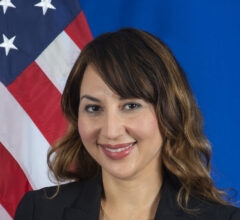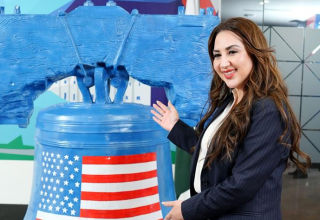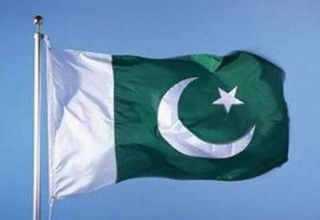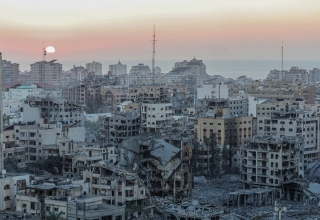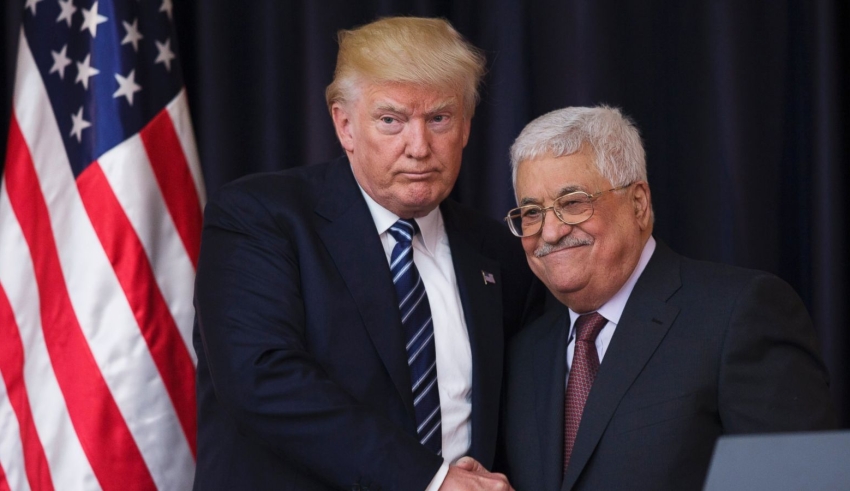
TRUMP AND ABBAS | Which way to rapprochement?
By James M. Dorsey
| It took barely 24 hours for US President Donald Trump’s Gaza proposal to fray at the edges, with Israel and Hamas hurling allegations of ceasefire violations at one another. In the process, Israel didn’t do itself or Mr. Trump any favours by again turning desperately needed humanitarian aid – in a territory it has reduced to rubble – into a weapon designed to pressure Hamas at the expense of an emaciated population deprived of essential life services. A day after Mr. Trump summoned world leaders to the Egyptian resort of Sharm el-Sheikh for a performative peace summit, Israel halved the number of aid trucks it would allow to enter Gaza, accusing Hamas of failing to hand over all of the 28 bodies of Israelis it kidnapped during the group’s October 7, 2023, attack on Israel. The Israelis died in captivity. Israeli Prime Minister Binyamin Netanyahu initially throttled the flow of humanitarian aid despite knowing in advance that Hamas would have difficulty locating the remains of dead captives but then seemingly reversed his decision. Hamas has so far handed over 10 corpses, one of which Israel said was not an Israeli captive. At the core of the dispute is the deep distrust between Israel and Hamas, the almost impossible logistics of finding the bodies in a territory that has been reduced to a pile of rubble and is partly occupied by Israel, and the two parties jockeying for position in what are likely to be complicated and drawn-out negotiations over the implementation of Mr. Trump’s proposal. The fact of the matter is that despite widespread international endorsement of the 20-point proposal and Mr. Trump’s premature declaration that the Gaza war is over, nothing has been fully agreed beyond a ceasefire to facilitate the exchange of the Hamas-held captives, dead or alive, for Palestinians incarcerated by Israel and to allow for negotiation of post-war arrangements in the Strip. The vagueness of the Trump proposal has shaped Palestinian, Arab, and Muslim buy into what is a set of post-war principles and objectives with no terms or mechanism for implementation. At the same time, it offers proponents of Palestinian national rights an opportunity to fill the vacuum. The need for a proactive Palestinian, Arab, and Muslim effort is compounded by widely varying perceptions of what it would take to turn Gaza into a springboard for a potentially sustainable resolution of the Israeli-Palestinian conflict. In contrast to Palestinian, Arab, and Muslim insistence that the solution lies in the creation of an independent Palestinian state, Messrs. Trump and Netanyahu, in lieu of depopulating Gaza, see the future in economic rather than political terms. Leaving the Sharm el-Sheikh summit that he co-chaired with Egyptian President Abdel Fattah al-Sisi, Mr. Trump suggested that the Egyptian leader was “talking about a different plan” when he called for the establishment of a Palestinian state. “I’m talking about something very much different. We’re talking about rebuilding Gaza,” Mr. Trump said. Even so, Mr. Trump gave the Palestinians, Arabs, and Muslims an opening by refusing to outline what a final settlement of the Israeli-Palestinian conflict could look like. “A lot of people like the one-state solution. Some people like the two-state solution. So we’ll have to see. I haven’t commented on that… At some point, I’d decide what I think is right, but I’d be in coordination with other states,” Mr. Trump said. Walking through Mr. Trump’s door would entail the president’s Middle Eastern and Muslim-majority partners insisting that the president commit to the principle of Palestinian statehood and a verifiable timetable for a complete Israeli withdrawal from Gaza, as well as support a United Nations Security Council resolution that embeds the proposal in international law and includes penalties for violations. The president’s partners’ leverage is magnified with Arab and Muslim-majority countries expected to populate an international stabilisation force that would police the implementation of the Trump proposal. So far, Muslim-majority countries, including Indonesia, Pakistan and Azerbaijan, rather than Arab countries, have expressed the greatest interest in contributing to the force, whose mandate and rules of engagement have yet to be determined. The force would also be tasked with training a Palestinian police force that would eventually take responsibility for Gaza’s security and law enforcement and replace Hamas and other Palestinian militants. Arab countries, including the United Arab Emirates, Saudi Arabia, Qatar, Egypt, and Jordan, have not ruled out participating in the force but are hesitant to join an entity that could be perceived as a fig leaf for catering to Israeli rather than also Palestinian concerns and contributing to a process that does not lead to Palestinian statehood. Their hesitancy is reinforced by the Trump proposal’s lack of a clearly defined roadmap for getting from A to B, uncertainty about Hamas’s future, the spectre of armed clashes if the group refuses to disarm, and distrust of Israel’s intentions. With the creation of a stabilisation force likely to be a matter of months rather than days, the United States is sending 200 troops to Israel to monitor the ceasefire. The troops will remain in Israel and not enter Gaza to monitor adherence firsthand. As a result, the prospects for a forceful intervention by Mr. Trump’s partners are mixed at best. Moreover, rather than grab the opportunity by the horns, early indications suggest that key Gulf states Saudi Arabia and the UAE, prioritise their geopolitical interests above alleviating the suffering of more than two million Gazans and pushing for a first step towards resolving the Israeli-Palestinian conflict that is at the core of Middle Eastern conflicts. The leaders of Saudi Arabia and the UAE, Crown Prince Mohammed bin Salman and President Mohammed bin Zayed, shone in their absence in the Sharm el-Sheikh gathering of heads of state and government, dispatching their foreign ministers instead. Some diplomats, officials, and analysts suggested that Messrs. Bin Salman and Bin Zayyed resented Egypt, a country dependent on their largesse, taking centre stage at the Red Sea summit, even though Gulf states were expected to foot the humongous bill for the reconstruction of Gaza, expected to run in the tens, if not hundreds, of billions of dollars. Complicating the prospects of turning the Trump proposal into a blueprint for a brighter future is the fact that Palestinians’ political representatives have lost legitimacy, are widely viewed as incompetent and ineffective – if not corrupt – and lack popular support. In response to mounting public criticism and resistance, Hamas, whose popularity in Gaza has hit rock bottom, has resorted to brutally cracking down on its detractors. Mahmoud Abbas, the internationally recognised, West Bank-based Palestinian president, was invited to attend the Sharm el-Sheikh summit and warmly welcomed by Mr. Trump, weeks after he denied the Palestinian leader a US visa to participate in last month’s UN General Assembly in New York. But Mr. Abbas, unlike Mr. Netanyahu, was not consulted when Mr. Trump drew up his proposal with the help of his special envoy, Steve Witkoff, and Jared Kushner, the US president’s son-in-law, who advocate an economic approach to Middle East peace-making. Neither was any other Palestinian consulted. Equally worryingly, Mr. Trump’s proposal puts under the guardianship of a ‘Board of Peace’, whatever post-war Gaza administrative body may be created, made up of non-aligned Palestinians. The Board will be presided over by the US president, with controversial former British Prime Minister Tony Blair as its possible chief executive. “Gaza needs leadership called in by the people themselves, not appointed from the outside. Rebuilding what’s been destroyed may be impossible, but any future worth living begins with that right for representation,” said Gaza journalist Sundos Fayyad. “Legitimacy cannot be imported or imposed. It must emerge from within,” added analyst Tareq Baconi, the author of a book on Hamas. Dr. James M. Dorsey is an Adjunct Senior Fellow at Nanyang Technological University’s S. Rajaratnam School of International Studies, and the author of the syndicated column and podcast, The Turbulent World with James M. Dorsey. |


